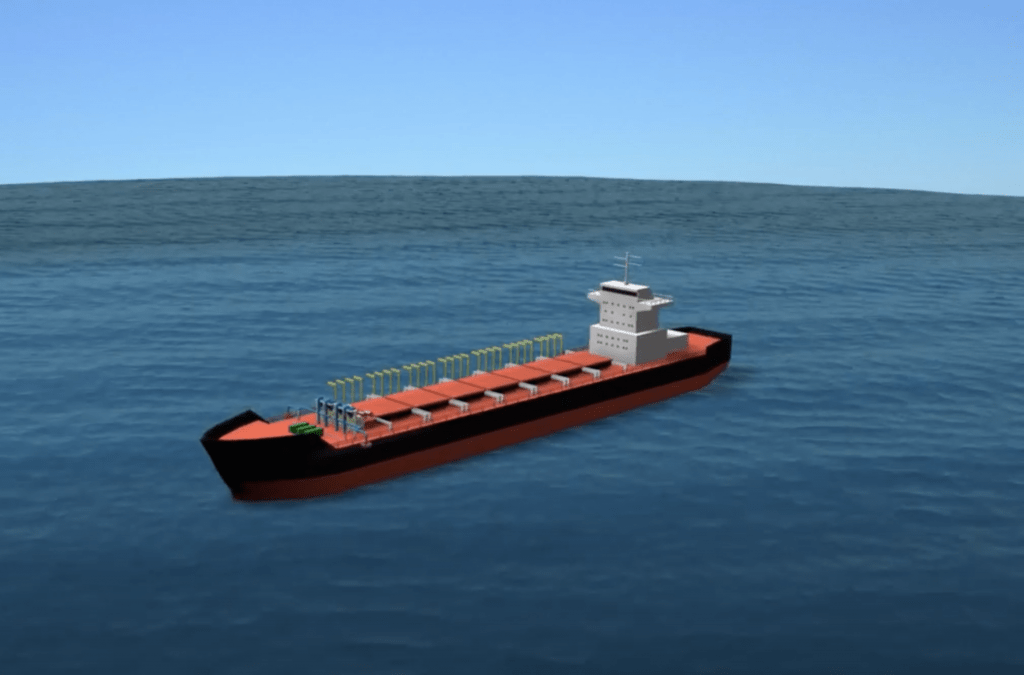
Environmental activists and religious leaders have expressed opposition to the seabed mining project that is reportedly scheduled to start this month in the northern Philippine province of Cagayan.
In a statement, the group called on the government to reconsider the project, saying it would decrease the catch of more than 37,000 registered fisherfolk in the area.
“Removal of [black sand] will cause irreversible damages to the entire bio-network,” read a statement from the group Cagayan Advocates for Integrity of Creation.
JDVC Resources Corporation, a subsidiary of publicly listed company Apollo Global Capital, however, asserted that its operations will not disturb the environment.
In a statement, Jun Herrera, JDVC and APL consultant, said the first newly-built deep sea mining vessel that will be used for offshore mining operation has already arrived in Cagayan .
He said that as soon as the ocean swell subsides, mining operations are expected to commence by middle or end of February.
The company also assured the government that there will be minimal impact on the sea environment as studies by a Singapore-based survey company showed that there is no coral or aquamarine life within the mining area, which is 150 meters below sea level.
In a separate position paper, 78 environmental organizations said the project will “potentially destroy the ecosystems” in an adjacent marine mammal area and in a nearby protected area.
The International Union for Conservation of Nature included marine mammals like humpback whales found in the area in its 2019 Red List of Threatened Species and in the 2012 Red List Status of Marine Mammals of the Philippines.
The Development Bank of the Philippines has granted a US$8 million credit line to JDVC to help the firm bankroll the magnetite iron mining project.
Source: Licas Philippines
0 Comments